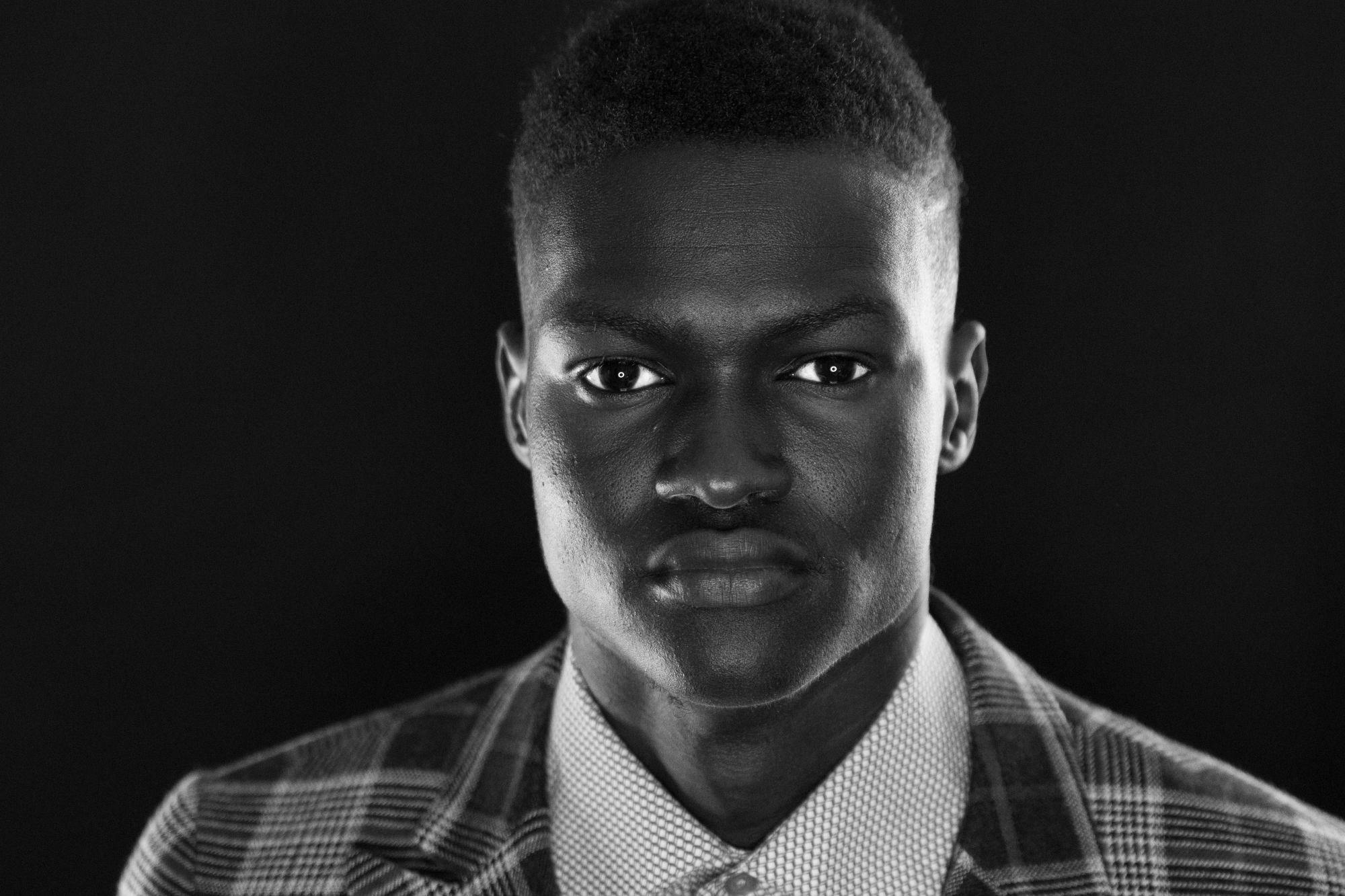Once struggling for survival as a refugee, 24-year-old Lual Mayen is now a video game developer residing in the United States, leading his own company as the CEO.
Mayen’s company, Junub Games, employs about 20 software engineers, designers and developers – most of them volunteer in Uganda and South Sudan.
Using the experiences from his past, Mayen has created games for peace-building and conflict resolution.

Mayen was born during wartime. His parents were separated following an attack on the road whilst fleeing South Sudan. Mayen was born on the way to the Refugee camp where he grew up with no electricity. He was one of more than 2.5 million displaced by the civil war, which began in 1983.
Today Mayen sits in his Washington, D.C. office with a befitting laptop which he probably never thought he’ll be able to afford a few years back. In an interview, he disclosed that many years back he had sighted a laptop at a registration station for the refugee camp.

He told his mother he wanted one. It took his mother three years to save money to get $300 to buy it for him. When she gave it to him in 2013, he burst into tears.
He took the laptop to an internet cafe and whilst using it, he discovered Grand Theft Auto: Vice City and the joy of playing. He didn’t know how video games were made. “I thought they fell from heaven,” he said.
He made a three-hour walk to get to the internet café regularly just to charge his computer and play games. Mayen thought about a way to restore sustainable peace in his country and created a game that could inspire peace.
He taught himself to make games culminating in the establishment of his own company, Junub Games. “I realized the power of gaming,” he said. “I realized games can be helpful for peace and conflict resolution. I started making a video game in my country, so video games can divert their minds from destructive activities.”
He created a game called “Salaam”, an Arabic word that means peace with the aim of protecting communities from being destroyed. It was a 10-megabit mobile game. He could only distribute it via Bluetooth networking at the time.

The game soon went viral and got discovered by a conference organizer at A Maze who tracked him down, and asked him to speak at a conference on games in South Africa.
There, Mayen met Ismail, co-founder of Vlambeer and a successful game developer who encouraged him to pursue his passion of making games. Mayen also made a board game, Wahda, that encourages peaceful conflict resolution. He did so because it does not require a computer to play, and so, refugees may have a chance to play it.
The 2018 Game Awards named Mayen a Global Gaming Citizen in conjunction with an award sponsored by Facebook that was reportedly watched by 27 million. Mayen is working with Facebook to publish Salaam as an Instant Game.
Mayen, who is based in Washington, D.C. became a finalist in an international PeaceTech Accelerator program supported, in part, by Amazon Web Services.
In the game’s new version, players adopt the role of a refugee, who must flee falling bombs, find water and gain energy points to ensure the character’s survival as the player’s country journeys from a war-torn present into a peaceful existence. If the player’s character runs out of energy, the player is prompted to purchase more food, water, and medicine for their character with real-world money.
The funds go beyond the game to benefit a living refugee through Junub’s partnerships with various NGOs, according to the Washington Post.
Mayen is also working with a small team on a virtual reality game. “Maybe one day, my dream will come true, making the biggest video game studio that makes games for peace,” Mayen said.










